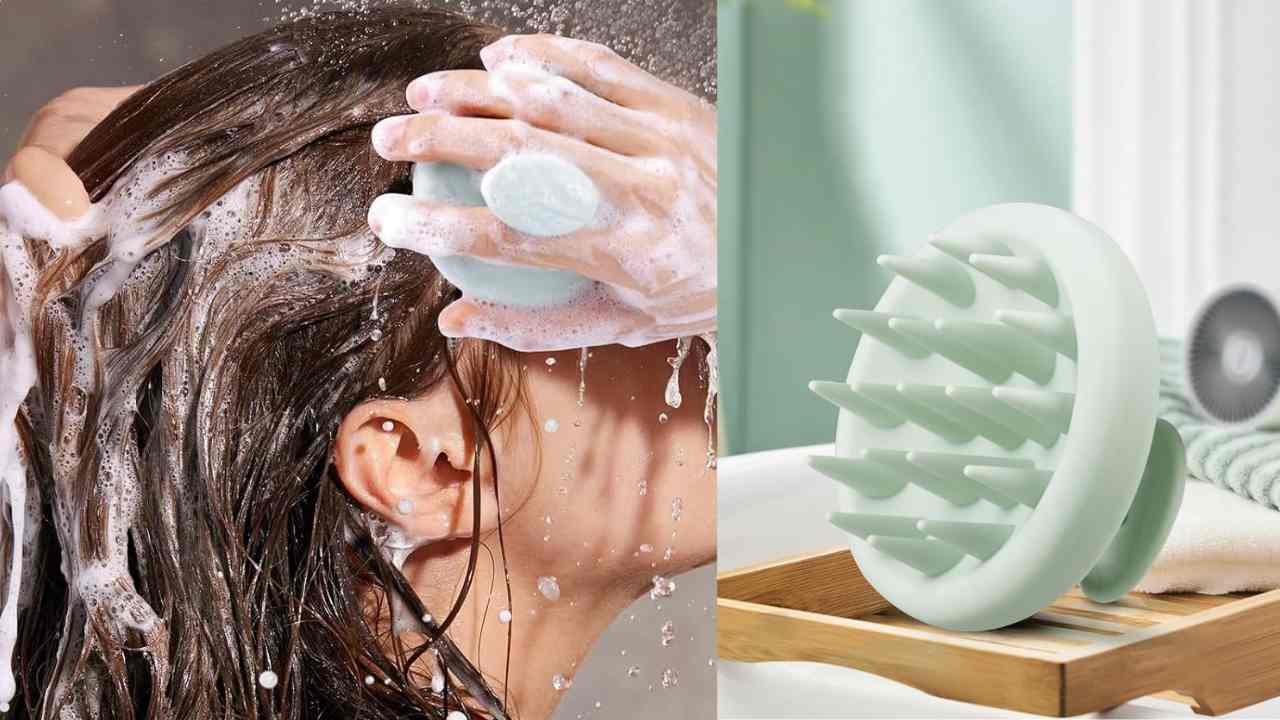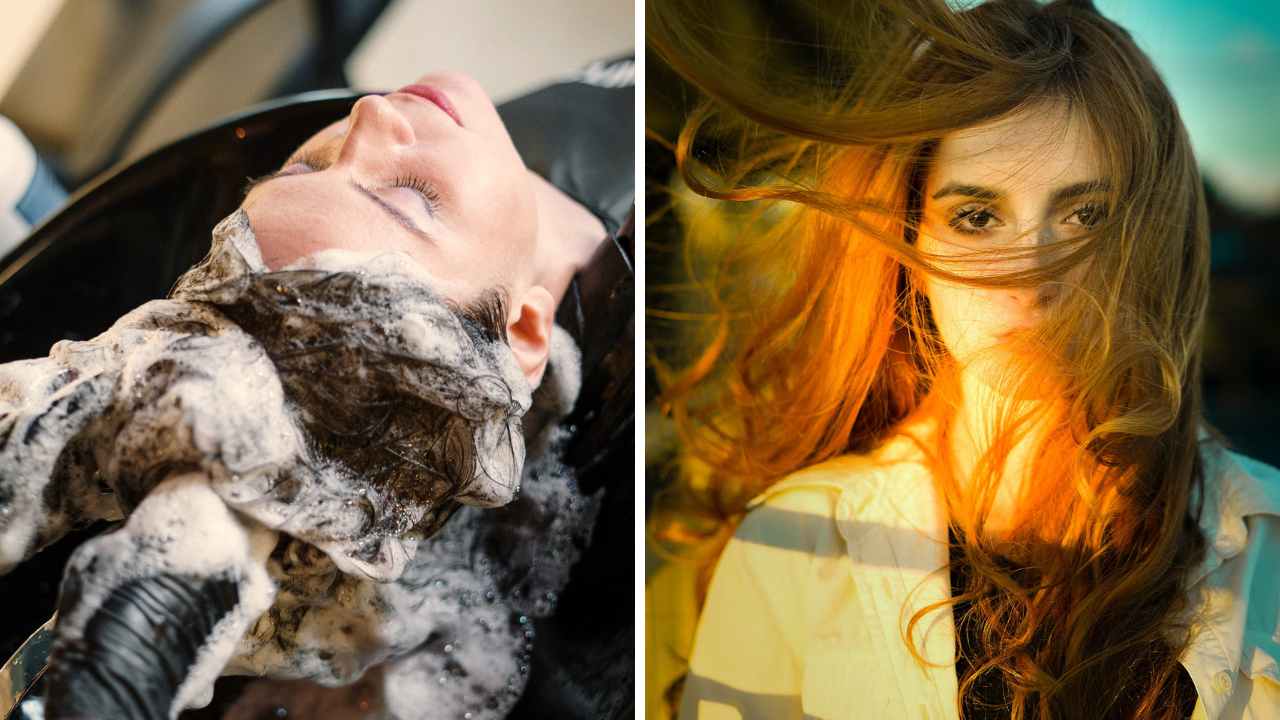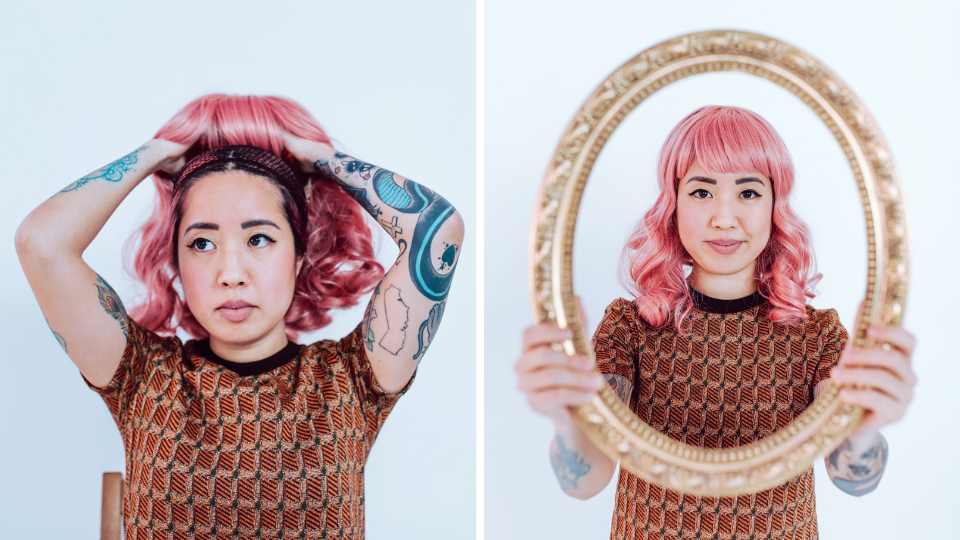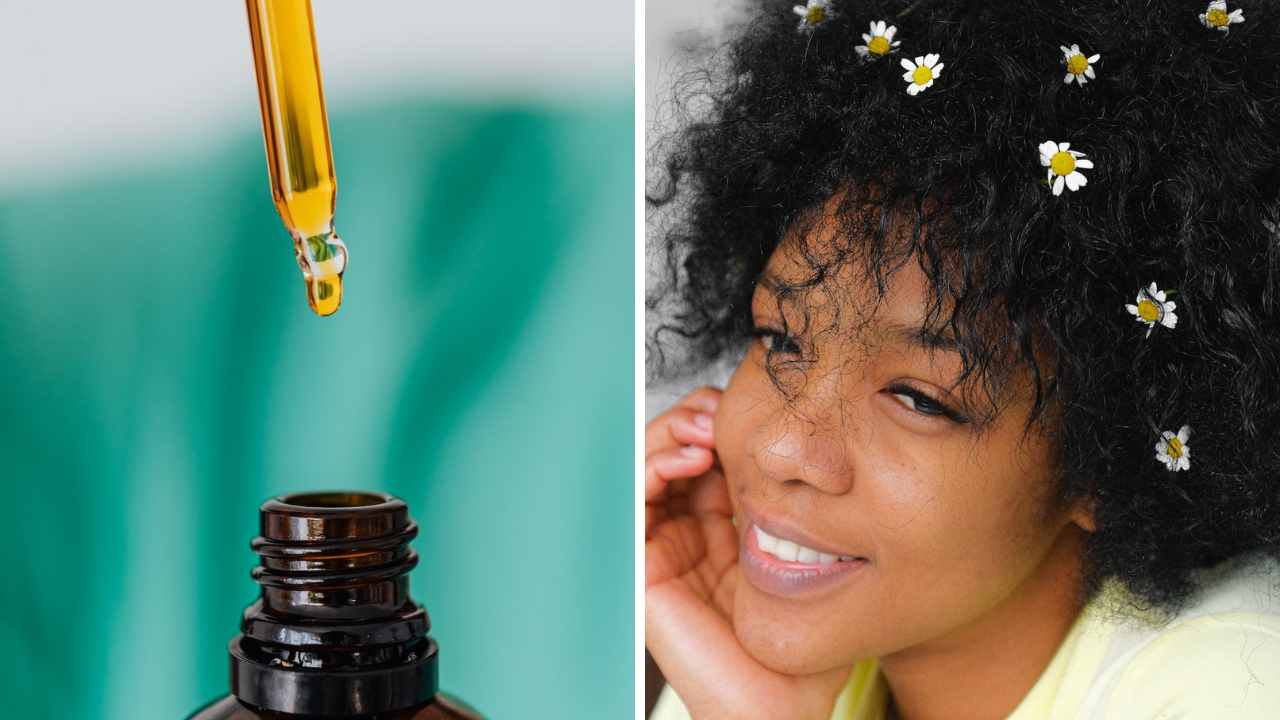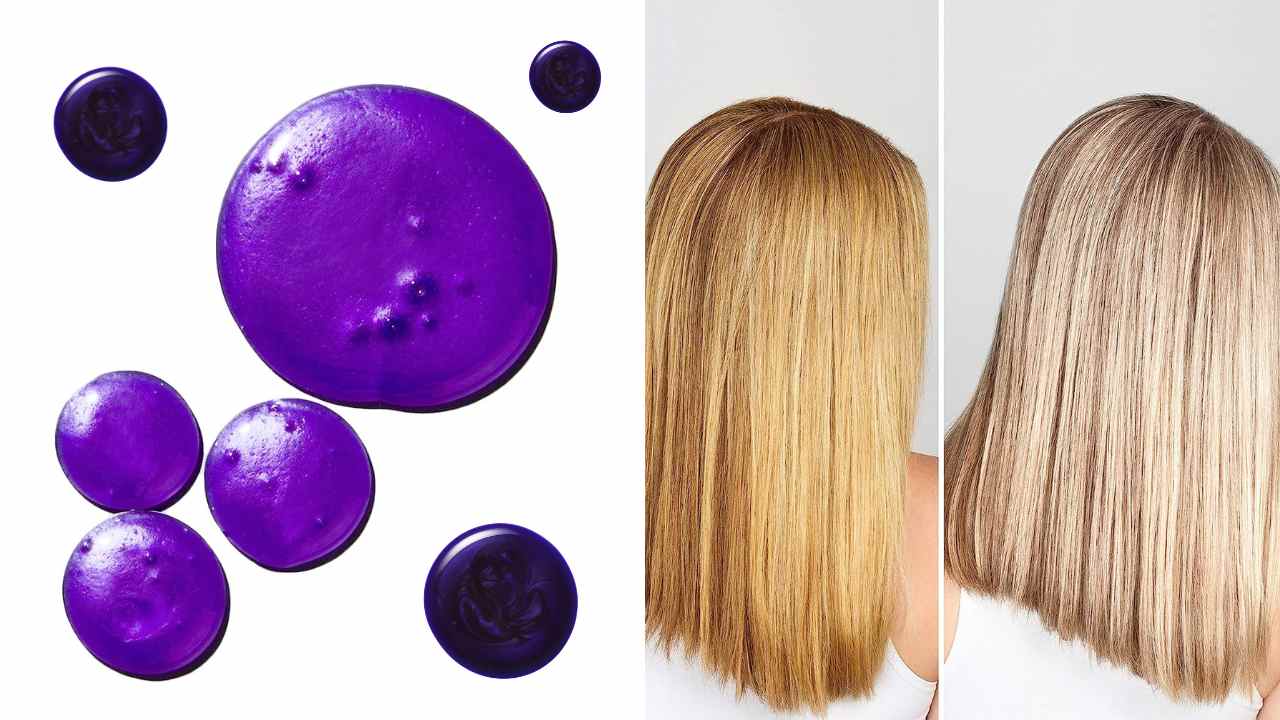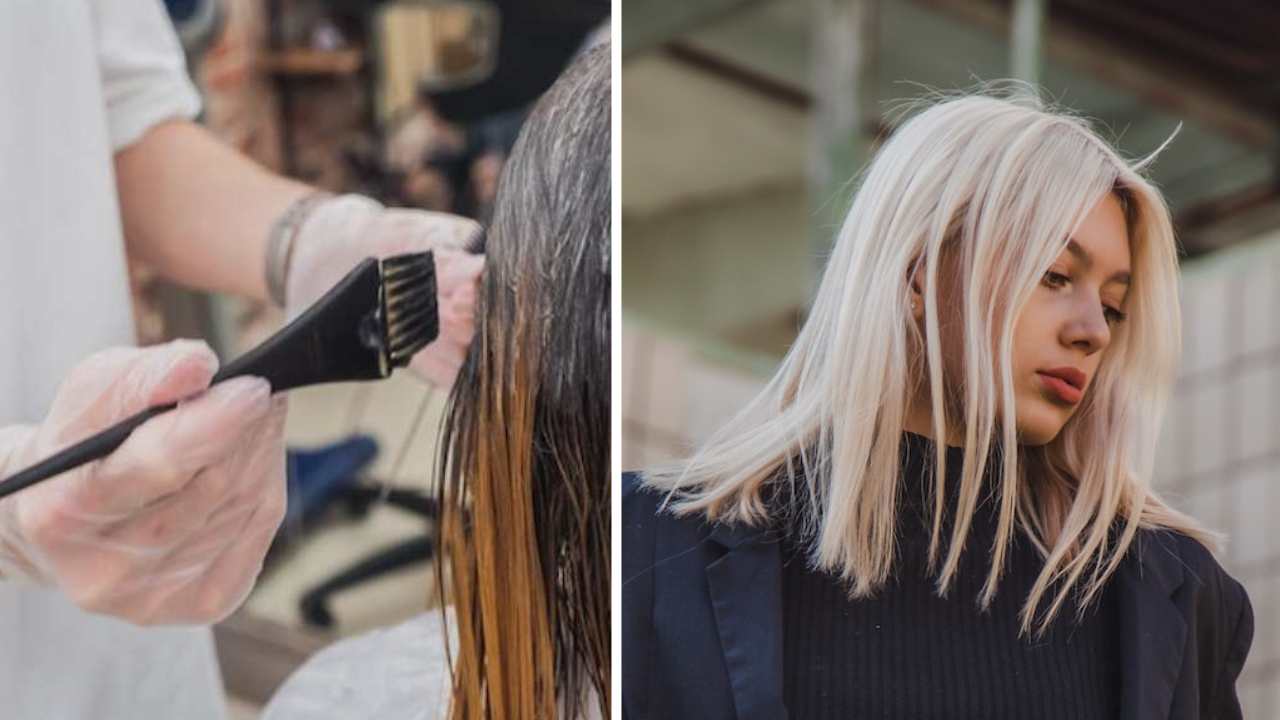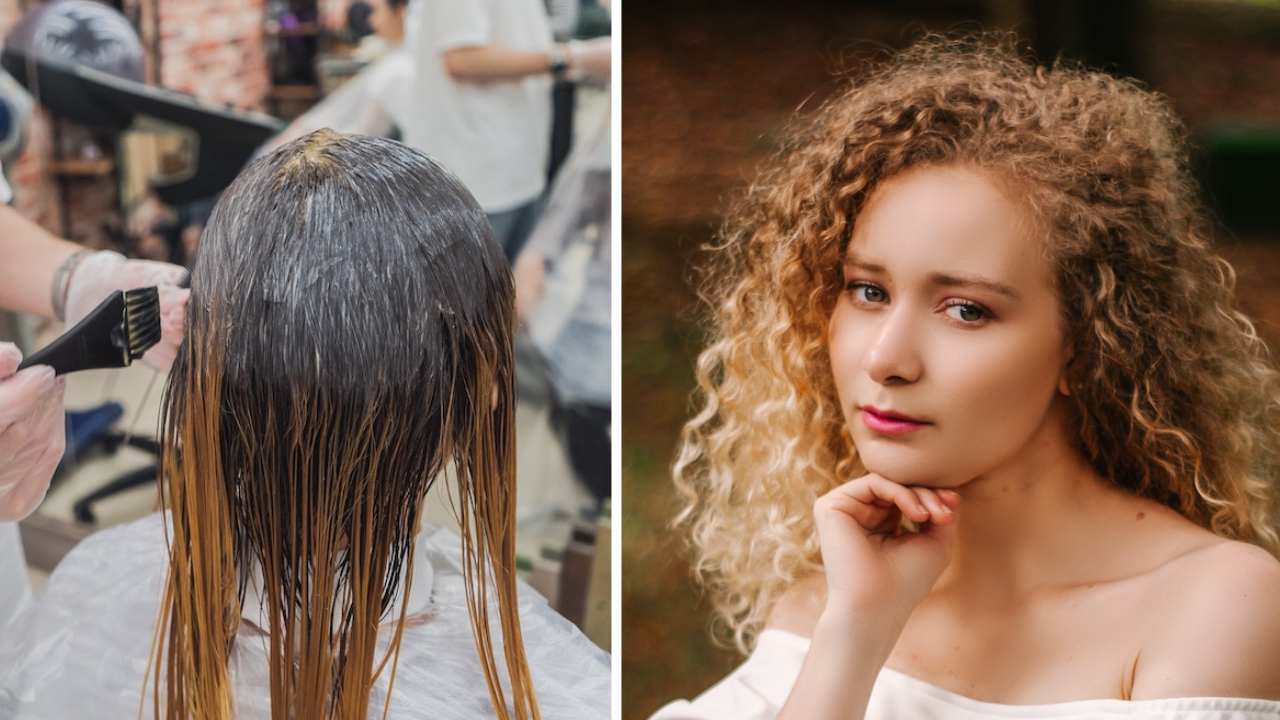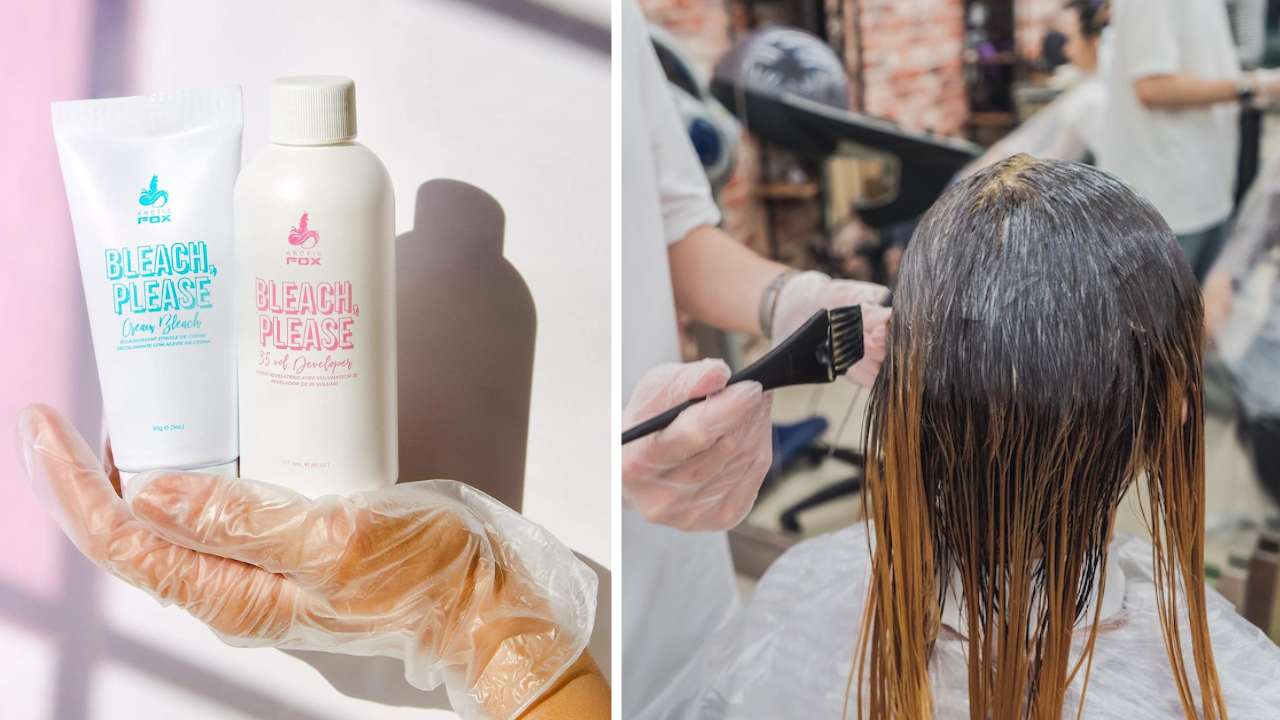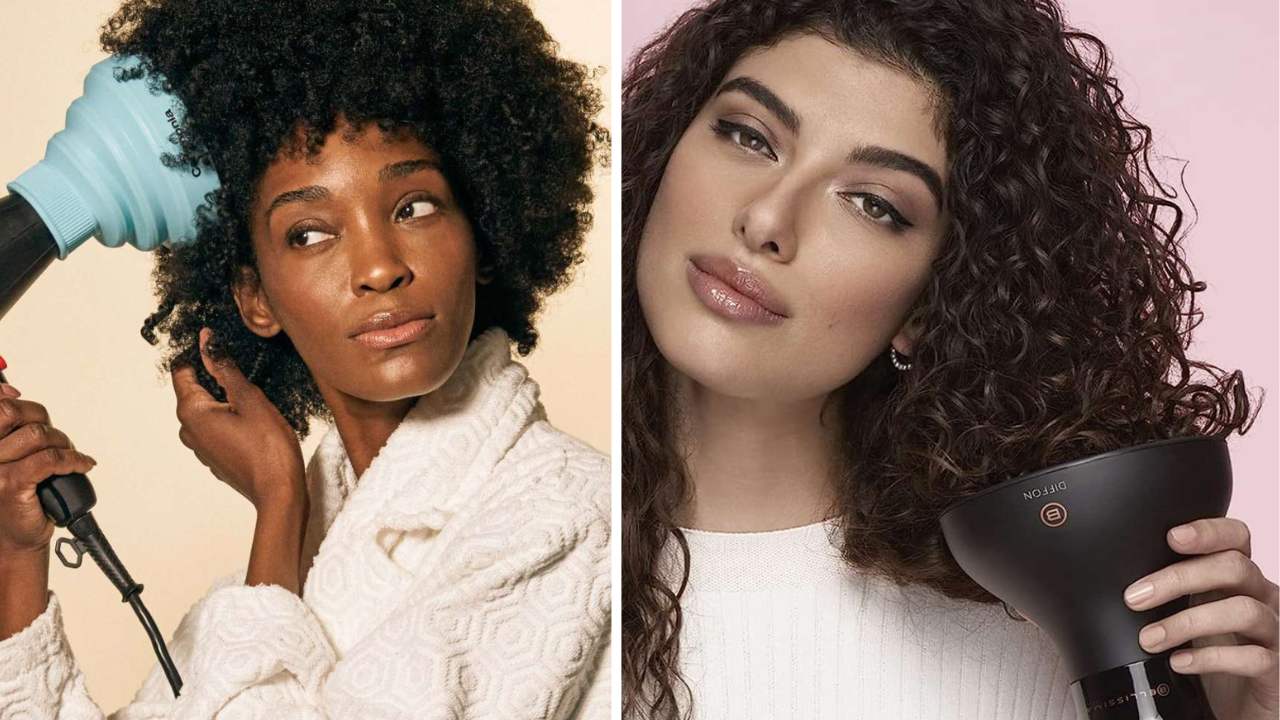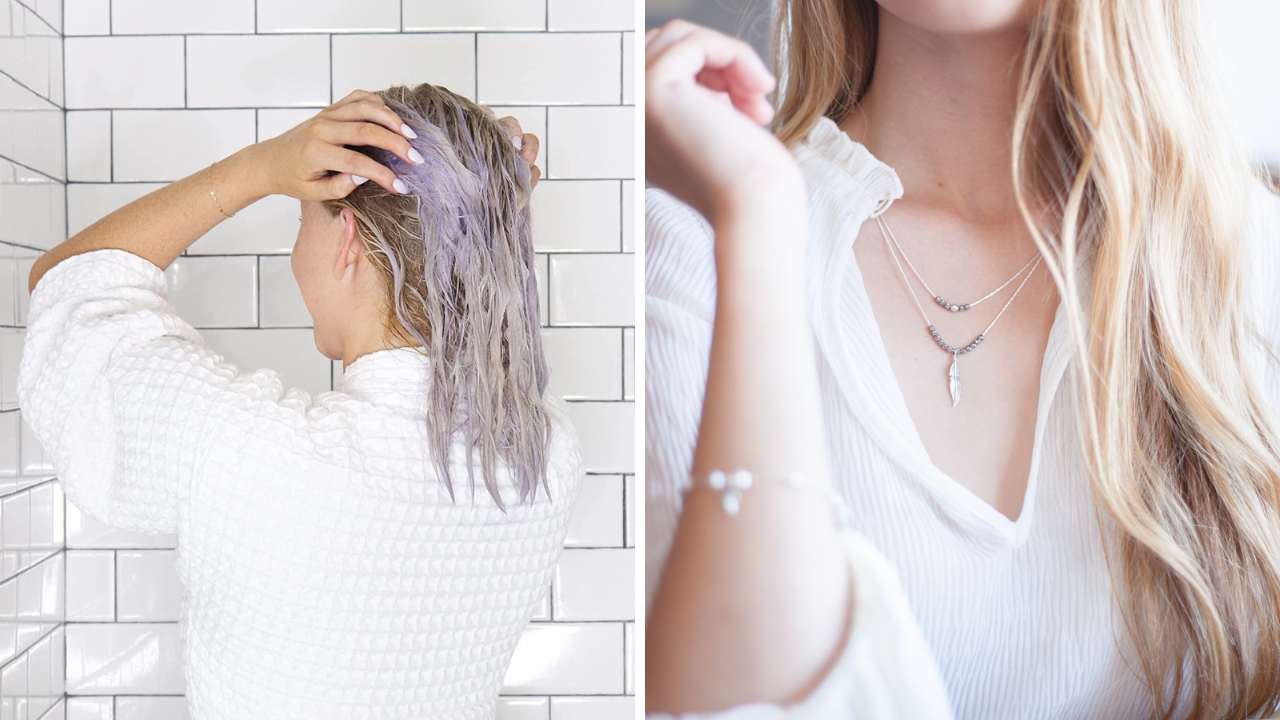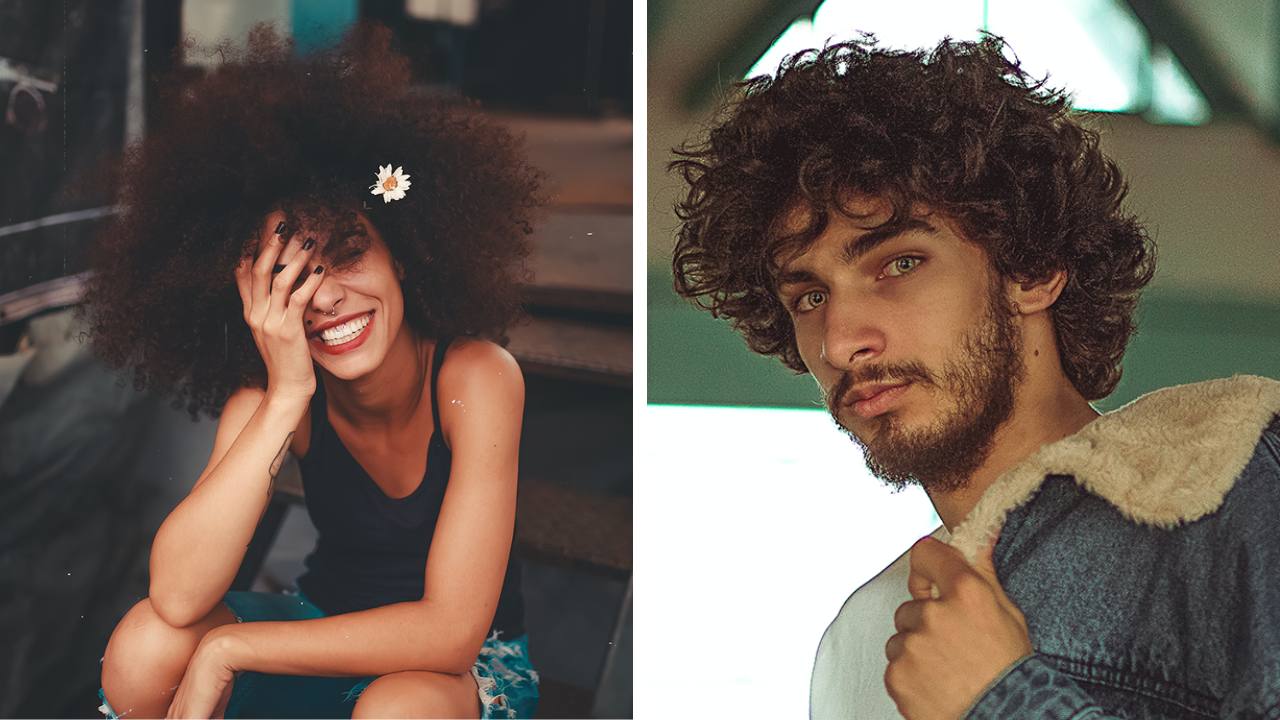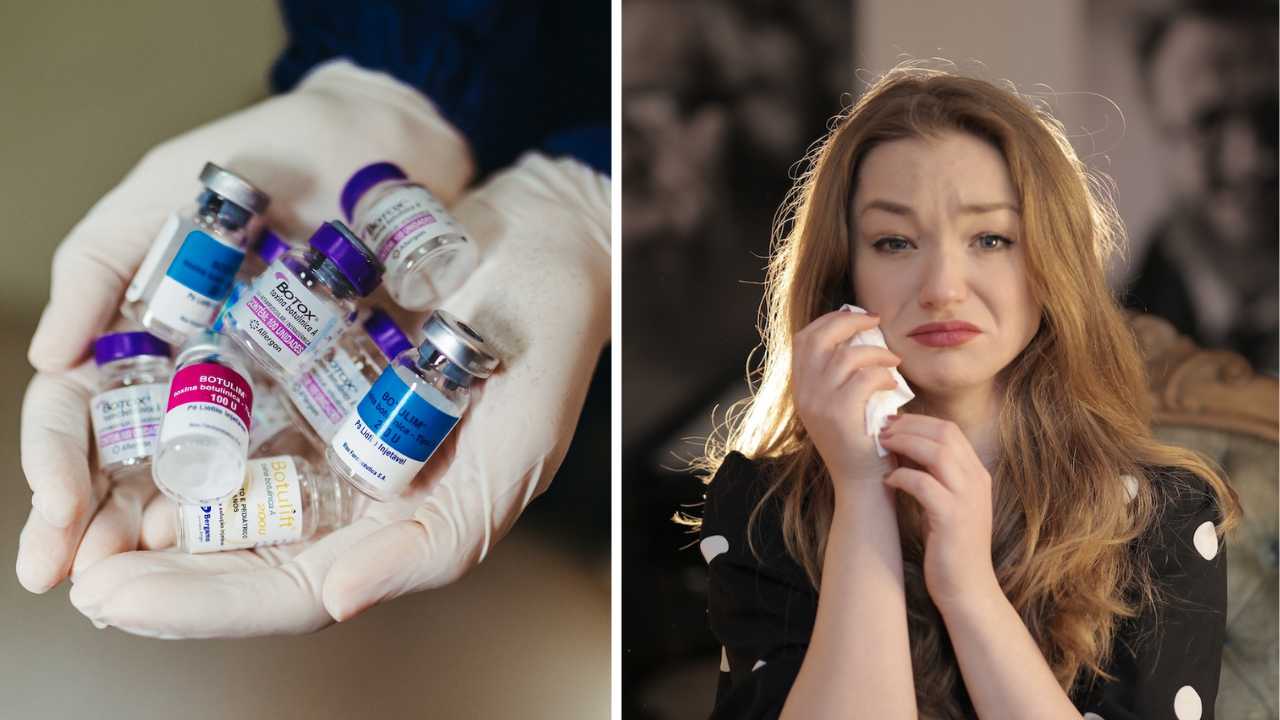
Can Botox Cause Hair Loss? Separating Fact from Fiction!
With its ability to reduce the appearance of wrinkles and fine lines, it's no wonder that Botox has become a go-to choice for many looking to spruce up their complexion.
But with this come concerns about potential side effects - including possible loss of hair!
So what is really going on? We investigate: Does getting your Botox fix mean you could be thinning out at the same time?
Read on as we unravel the relationship between these two phenomena.

What is Botox Anyway?
First, let's understand what Botox is and how botox treatments work. Botox is a brand name for a purified form of botulinum toxin type A.
Botulinum toxin injections temporarily paralyze the muscles that cause forehead wrinkles and fine lines.
Botox scalp injections are sometimes used as a medical treatment for various conditions. Here are some of the reasons someone might receive hair injections in their scalp:
- Migraine headaches: Hair Botox treatment can be used as a preventative treatment for chronic migraine headaches. The injections are usually given around the forehead and temple area, and may also be given in the back of the head and neck.
- Excessive sweating: Botox injections can be used to treat hyperhidrosis, a condition in which the body produces excessive sweat. When injected into the scalp, Botox can reduce the amount of sweat produced by the scalp and forehead.
- Scalp spasms: Botox injections can be used to treat certain types of scalp spasms, such as occipital neuralgia, which is a type of headache caused by irritation of the occipital nerves.
- Botox for hair loss: While Botox injections are not typically used to treat balding, some people believe that injecting Botox into the scalp can help stimulate hair growth by improving blood flow to the hair follicles.
It is important to note that Botox injections in the scalp should only be performed by a qualified and experienced healthcare provider, and should only be used for medical purposes that have been approved by the FDA.
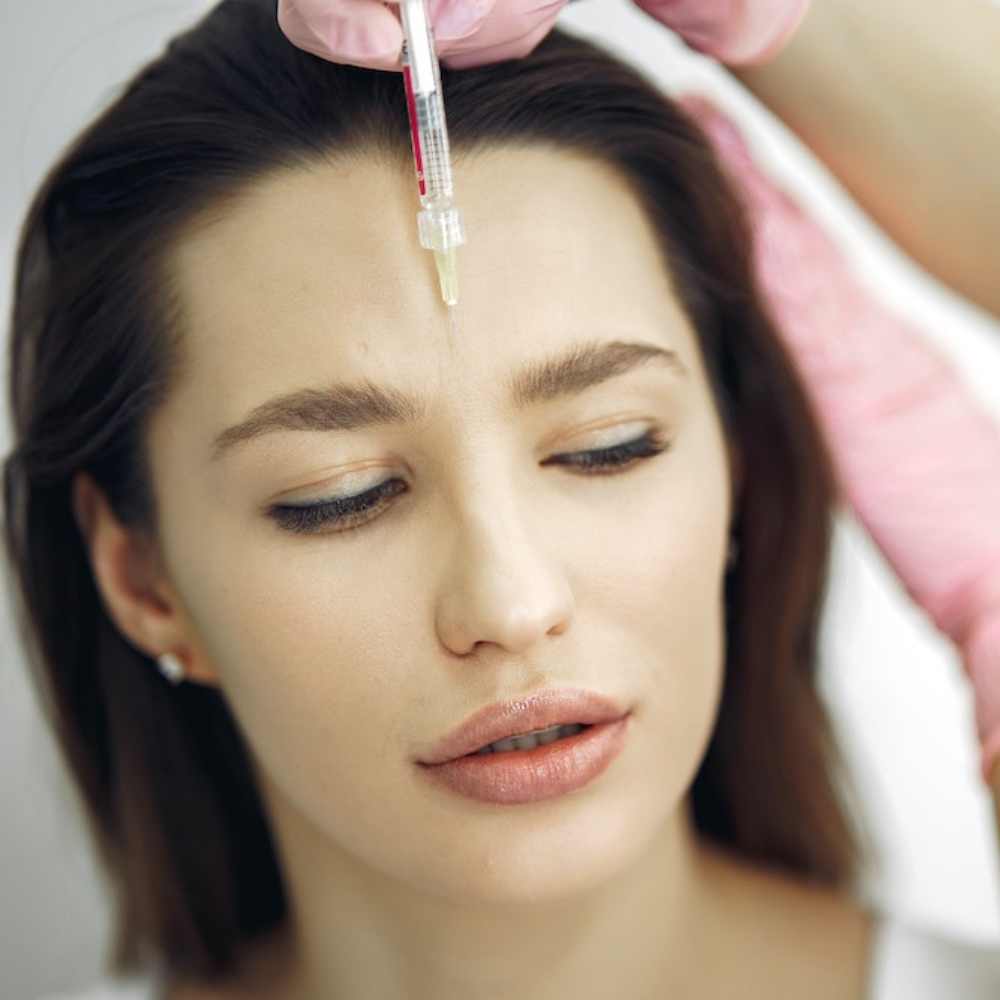
Is There a Link Between Botox & Hair Loss?
Now, let's explore the possible link between Botox and thinning hair (androgenetic alopecia). There is limited scientific evidence to suggest that Botox directly causes hair loss.
However, there are some theories that suggest that Botox may indirectly contribute to hair thinning.
Botulin Induced Frontal Alopecia
There have been reports of botulinum toxin-induced frontal alopecia, which is the loss of hair in the frontal hairline of the scalp.
The exact cause of botulinum toxin-induced frontal alopecia is not yet fully understood, but it is believed to be related to the injection technique used during the treatment.
The toxin is injected into the facial muscles to relax them and reduce facial wrinkles, but if the injection is not done correctly or if the toxin spreads to other areas, it can damage follicles in the front of the scalp, leading to loss of hair.
Other factors that may contribute to botulinum toxin-induced frontal alopecia include the dosage of the toxin used, the frequency of the injections, and individual patient factors such as genetics and pre-existing medical conditions.
Other Possible Causes
Another theory is that Botox injections may interfere with the blood supply to the hair follicle.
Hair follicles require a good blood supply to receive the nutrients and oxygen they need to grow and maintain healthy hair.
If the blood supply is disrupted, it may lead to thinning hair.
However, there is no conclusive evidence to support this theory.
Another theory is that Botox may cause inflammation in the scalp, which can damage your follicles.
Inflammation is a natural response of the body to injury or infection.
However, chronic inflammation can lead to tissue damage and cell death. If the hair follicles are damaged by inflammation, it may result in loss of hair. \Again, there is limited scientific evidence to support this theory.
Furthermore, some experts suggest that the stress associated with Botox injections may trigger hair loss.
Some people may experience anxiety or fear before or after the procedure, which can increase their levels of stress hormones such as cortisol.
High levels of cortisol can lead to a condition called telogen effluvium, which causes follicles to enter the resting phase prematurely, resulting in hair shedding.
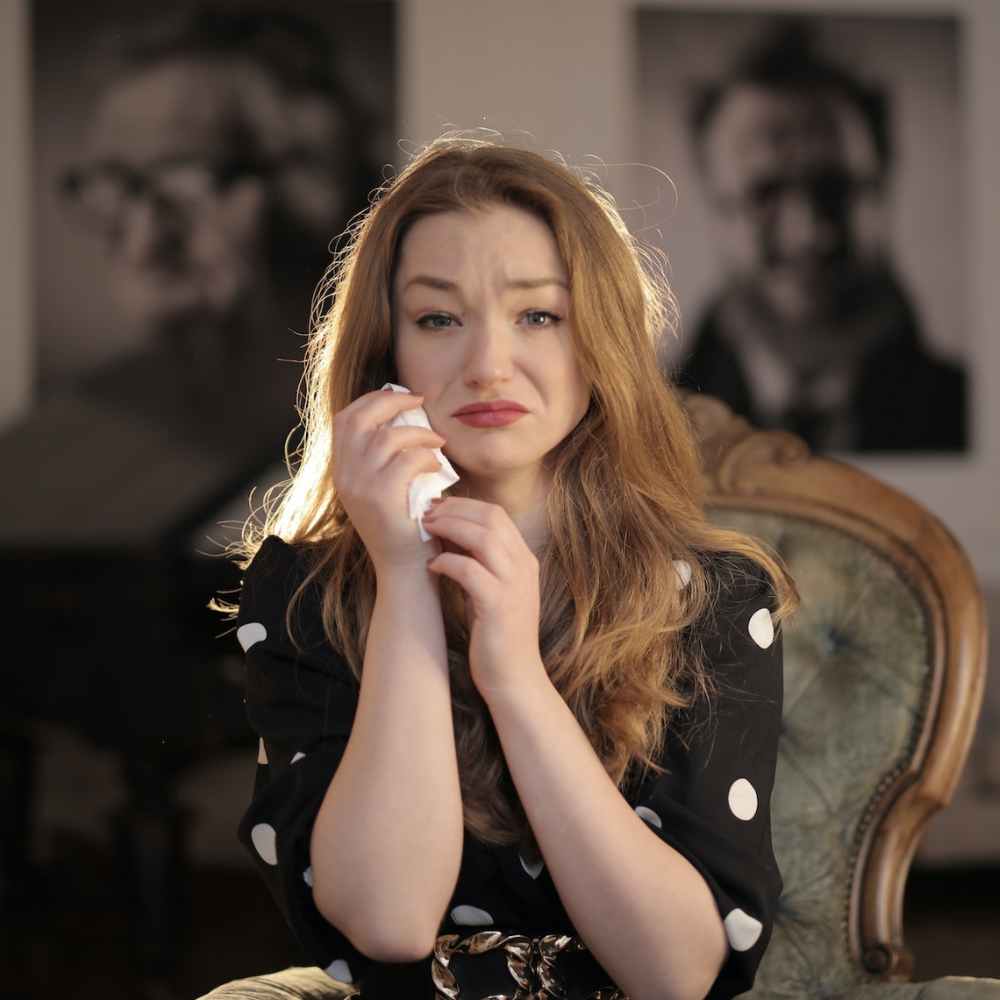
Hair Loss Post Botox Treatment
It is worth noting that hair shedding can occur after any type of medical procedure, including Botox injections.
This is because the body may perceive the procedure as a form of stress and respond accordingly.
However, in most cases, this shedding is temporary and resolves on its own without any intervention.
If you are considering getting Botox injections, it is essential to discuss your concerns with your healthcare provider.
They can help you understand the potential risks and benefits of the procedure and advise you on the best course of action.
Dr. Kelly Killeen, a plastic surgeon who you may have seen on the E! channel gives her opinion on Botox and hair loss in this TikTok video:
@kellykilleenmd Can botox make your hair fall out? #botox #hairloss #botoxcomplications #trending #fyp
♬ original sound - Kelly Killeen, MD FACS
Tips to Promote Healthy Hair Growth
In addition to consulting with your healthcare provider, there are several things you can do to promote healthy hair growth and prevent hair loss. These include:
- Eating a healthy and balanced diet that is rich in vitamins and minerals that support hair growth, such as iron, zinc, biotin, and vitamin D that support the hair growth cycle.
- Managing your stress levels through practices such as meditation, yoga, or deep breathing exercises.
- Avoiding tight hairstyles that pull on your hair, such as braids, cornrows, and ponytails.
- Using hair products and topical treatments that are gentle on your scalp and free of harsh chemicals that can cause damaged hair.
- Limiting your use of heat styling tools such as hair dryers, flat irons, and curling irons, which can cause heat damage, hair breakage and frizzy hair.
- Seeking treatment for underlying medical conditions that may contribute to the development of hair loss, such as thyroid disorders or autoimmune conditions.
- Use a hair treatment on your scalp that consists of natural oils such as rosemary oil or even castor oil which can promote hair growth.
More About Hair Thinning
It is important to note that hair loss is a complex condition that can have multiple causes, and it may not always be preventable.
However, by taking steps to promote healthy hair growth and seeking prompt medical attention if you notice any changes in your hair, you can improve your chances of maintaining a healthy head of hair.
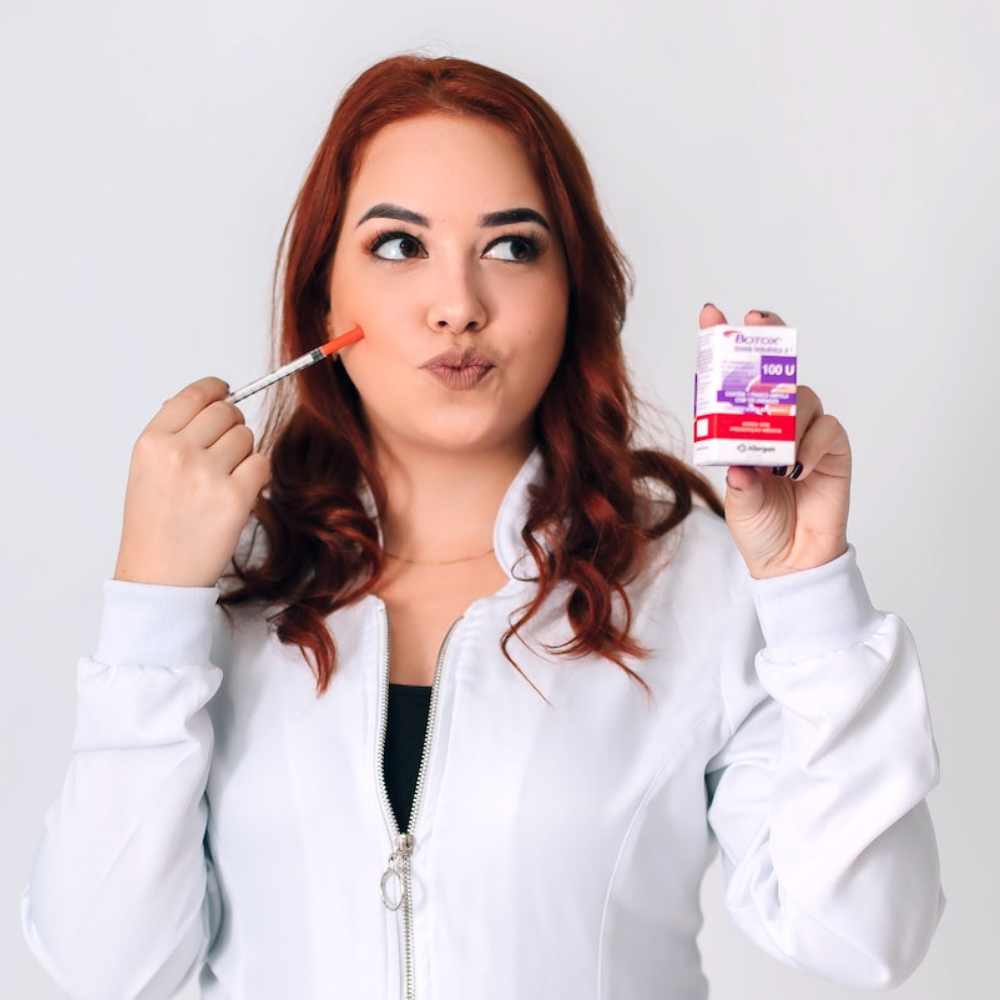
Botox & Your Hair
In conclusion, while there is limited scientific evidence to suggest that Botox or Dysport directly causes hair loss, there are some theories that suggest that Botox may indirectly contribute to losing hair.
It is essential to discuss your concerns with your healthcare provider if you are considering getting Dysport or Botox injections, and to take steps to promote healthy hair growth.
By doing so, you can ensure that you are taking the best possible care of your hair and overall health.



